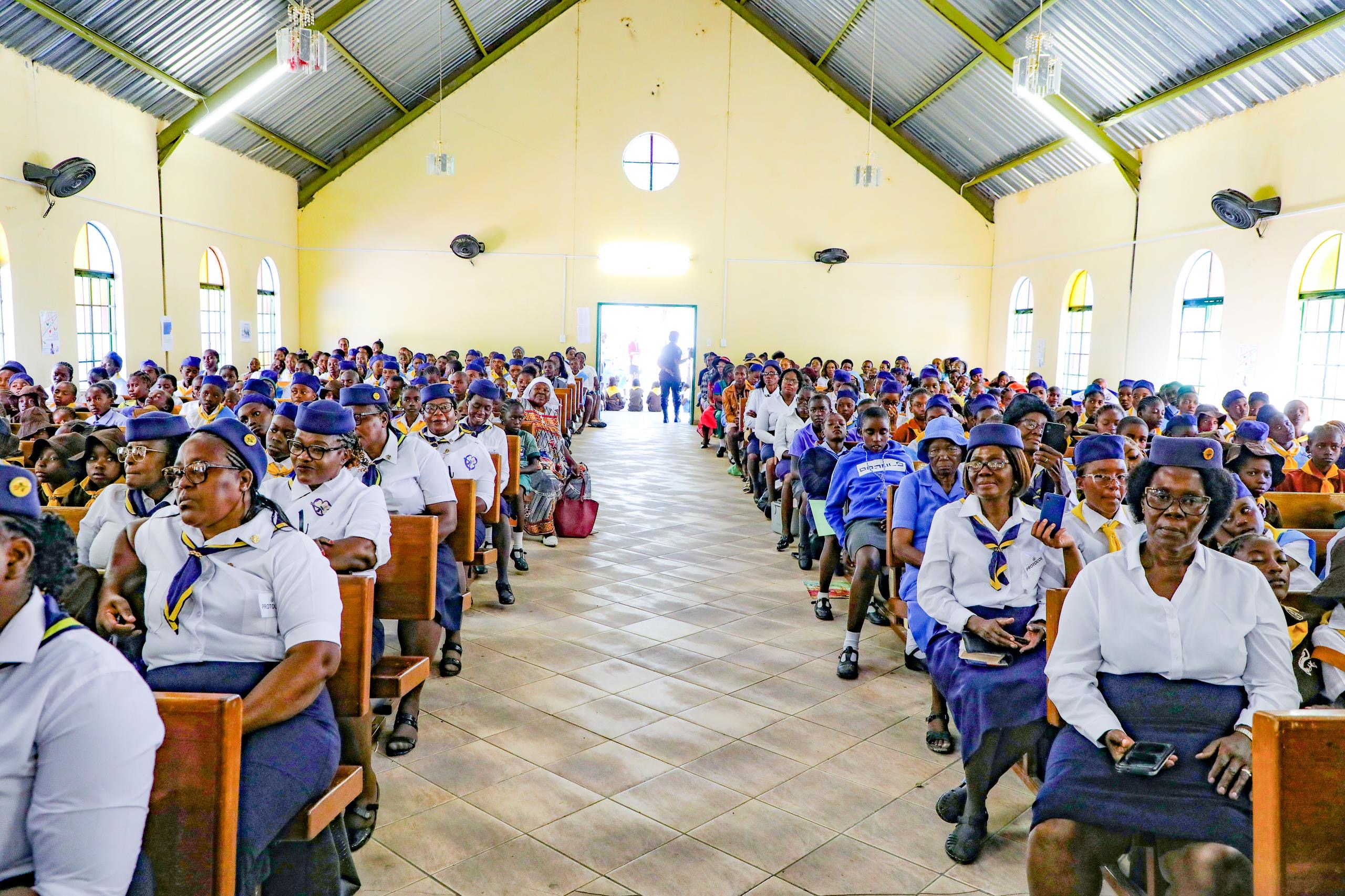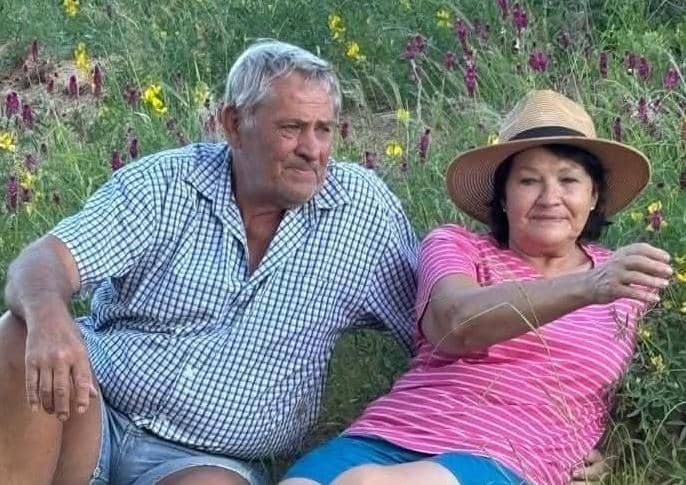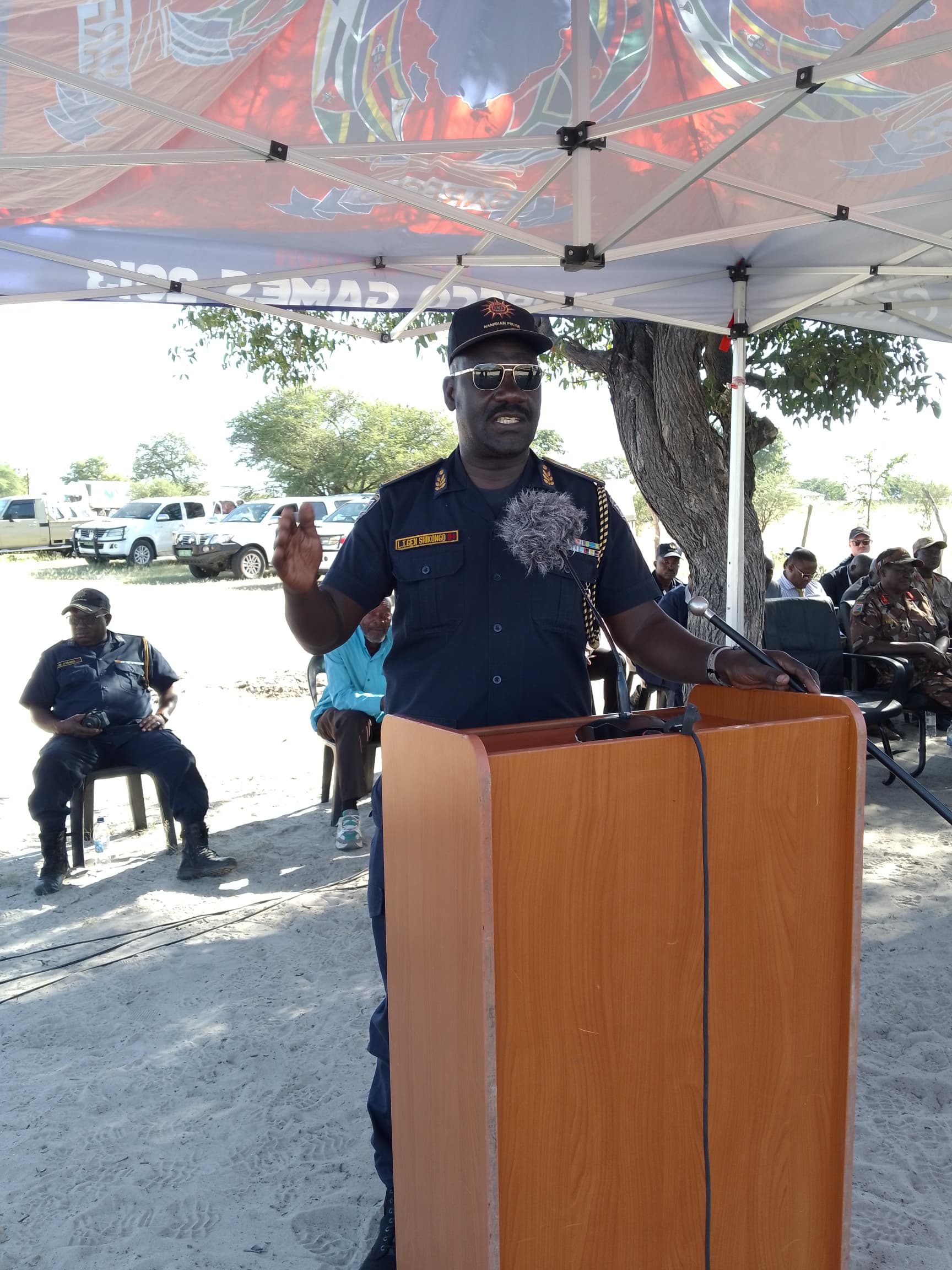THE marine fisheries sector continues to make a significant contribution to the national economy in terms of employment, export earnings and contributions to the Gross Domestic Product (GDP), President Hifikepunye Pohamba said during his state of the nation address in Parliament on Wednesday.
He said 14 000 people were permanently employed in the fisheries industry and in the past 12 months the industry attracted both local and international investments, resulting in the opening of new fish-processing facilities such as the Pomona Factory at Lüderitz. Other factories modernised their fish-processing plants at Walvis Bay.
Freshwater inland aquaculture now employed close to 700 people, President Pohamba told Members of Parliament.
‘Plans are under way to establish a fish-feed plant at Onavivi in north-central Namibia for local fish farms at Onavivi at a cost of N$6 million. The plant will use local raw materials such as fish meal from our local fishing industry and mahangu from our agricultural sector,’ he said.
In October 2008, Pohamba inaugurated phase one of the Kamutjonga Inland Fisheries Institute near Divundu in the Kavango Region, which was built at a cost of N$28 million.
It is designed as a centre of excellence for Namibia and the entire SADC region. Phase two will continue during the current financial year.
The Head of State praised the Ministry of Fisheries and the National Youth Service for having joined hands to deploy young people at aquaculture projects around the country to receive training in fish farming.
‘They will use these skills to teach communities to practice integrated crop and fish farming techniques,’ he added.
Government continued to implement practical measures to conserve the country’s marine resources, he said.
‘Total Allowable Catches are allocated conservatively, taking into account the observed biomass and research statistics. This is part of our commitment to utilise our natural resources in a sustainable manner for the benefit of future generations,’ President Pohamba told Parliament.
Government had pumped N$720 million into road maintenance programmes during the 2008-09 financial year, plus another N$45 million specifically to repair flood damage to roads in north-central and northeastern Namibia.
Tarring the road between Tsumeb and Katwitwi for N$810 million started recently, while the widening of the narrow bridge across the Okavango River at Divundu would cost N$345 million.
Stay informed with The Namibian – your source for credible journalism. Get in-depth reporting and opinions for
only N$85 a month. Invest in journalism, invest in democracy –
Subscribe Now!










